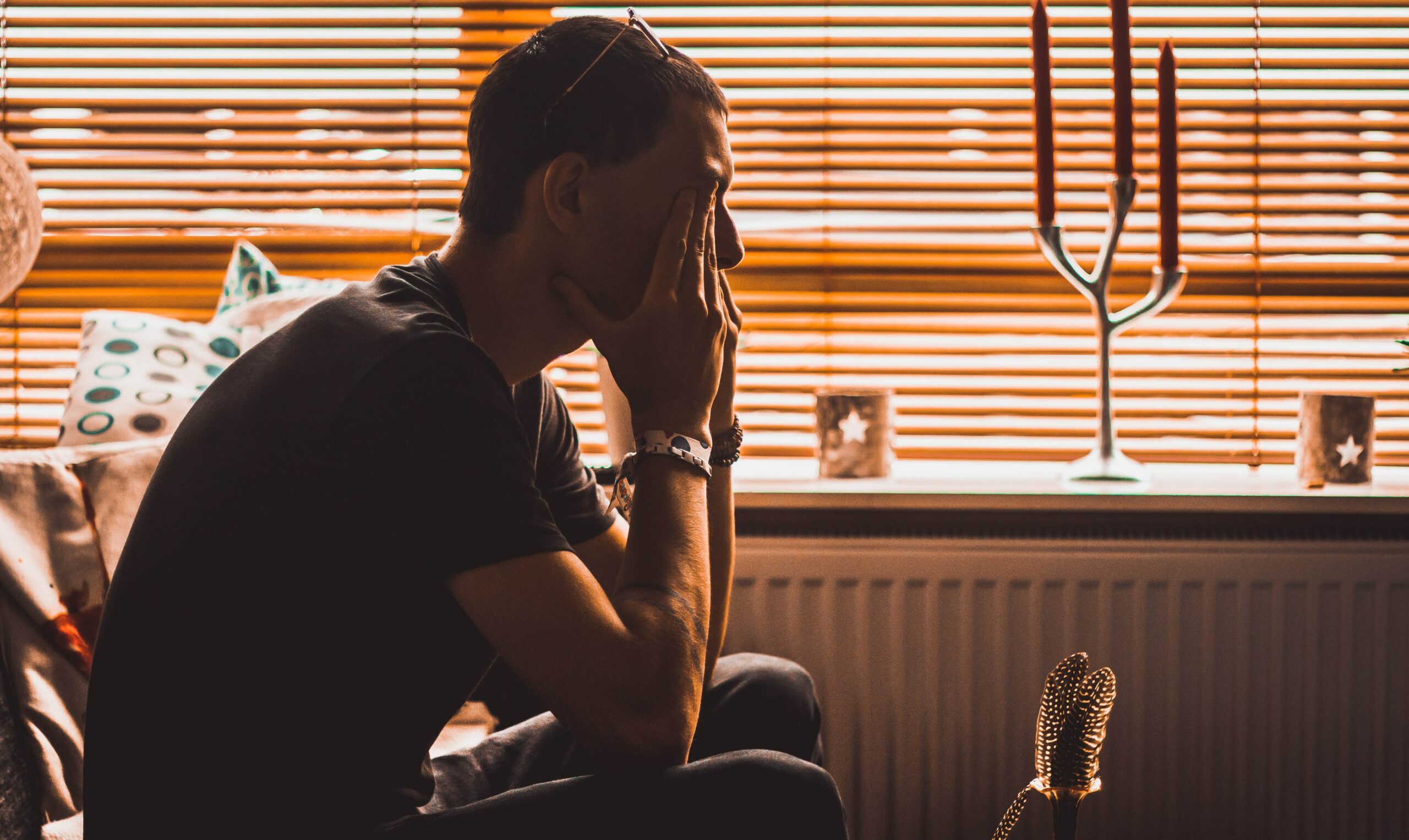Disclaimer:
This is such a complicated discussion.
Antidepressants can be essential and life-saving. Due to the way our society is set up socially and ideologically and my own emotional and creative needs, I believe I myself needed to take antidepressants to get through the first two years of all my children’s lives, to numb and balance the pain of needing so much more physical and emotional support than was possible. Since going on them, I have also done extensive psychological work to strengthen my own mental health foundation, as well as committed to my physical health.
Through this article, I do not wish to contribute to the stigma of taking antidepressants. I have written articles to encourage those who need to take it. I still stand by those thoughts, one hundred percent. For many, getting off of antidepressants would not be wise, and would do more harm than good. However, there are other aspects to the story of antidepressants, and there lacks adequate information and support for those who may want to get off of them. This piece aims to add more dimensions and expectations to the story of antidepressant use.
——————–
When I go to the psychiatrist for the first time, down and out, tired and desperate, I open my hands and said, “Give me what you have. Help me feel better.”
He listens, nods, agrees, “You’re depressed, you’re right, here you go.”
In the fifteen minute rush between telling my story and holding out my hand, I forget to ask a few more questions.
I neglect to ask, “For how long? Until when? What will it be like when I stop?”
In the hailstorm of concern, I only speak about the pain and alleviation of now. The future seems irrelevant.
“Be here now,“ he agrees. “The drugs are safe and you will be fine.“
I swallow it all.
A year, two years, five years and two children later, I find myself standing on my own two feet again, sleeping well through the night, thriving.
In the quiet and successful reverence of one particular day, I look around and whisper, “I think I can do this?”
I dial up the doctor, the portal to the pills, and say, “I think I’m ready.”
He looks at me askance, and says quickly, “I wouldn’t recommend it.”
Most people, he explains, who get off of antidepressants end up going back on again in six months when the depression reappears.
I look at him confused. “I wasn’t expected to ever get off of this?”
Is that one question I really forgot to ask ?
“That’s ok,” I say, ”I want to, anyways.”
He dutifully gives directions for how to slowly wean, a few cautions about side effects, and sees me off, distancing himself from my ideological war of liberation.
Nothing adequately prepares me for antidepressant withdrawal or “discontinuation” as they call it, as antidepressants are not technically addictive, though clearly my body is recalculating as I reduce my dose.
Huge, unleashed bounds of energy unfurl themselves, passion amplified, opinions exaggerated, nerves electrocuted. Feeling energy stronger- the highs, the lows, the feelings, the thoughts- my body and brain meet again and struggle for equilibrium.
Searching for solidarity, I find online many others reporting challenging times discontinuing.
“The rise in longtime use is also the result of an unanticipated and growing problem: Many who try to quit say they cannot because of withdrawal symptoms they were never warned about.”
“Yet withdrawal has never been a focus of drug makers or government regulators, who felt antidepressants could not be addictive and did far more good than harm.
The drugs initially were approved for short-term use, following studies typically lasting about two months. Even today, there is little data about their effects on people taking them for years, although there are now millions of such users.”
“Antidepressants were originally considered a short-term treatment for episodic mood problems, to be taken for six to nine months: enough to get through a crisis, and no more.
Later studies suggested that “maintenance therapy” — longer-term and often open-ended use — could prevent a return of depression in some patients, but those trials very rarely lasted more than two years.
Once a drug is approved, physicians in the United States have wide latitude to prescribe it as they see fit. The lack of long-term data did not prevent doctors from placing tens of millions of Americans on antidepressants indefinitely. ( Many People Taking Antidepressants Find They Cannot Quit, NYT)”
I resolve to give myself plenty of allowances, compassion, and take on a warrior’s spirit: “I can do this. I can feel this. I can comfort myself. I can get more support.”
Each week I wean off more, the cycle and symptoms occur again; the burst of days of excitement, exhilaration, exaggerated emotions, opinions, and agitation. A mini mania of sorts, followed by a week of prolonged lows, everything hard, everything more pronounced.
The rollercoaster of weaning is exhausting. After months, it’s finally over.
I swallow my last and hope that’s it.
But the balancing has just begun. Emotions, physical reactions, currents of thoughts. Followed by renewed efforts for comfort, help, and self care.
Months later, I think I feel it. A negotiating within, a stronger internal dialogue. An undercurrent of safety, foundations, and bridges.
Maybe I’ve found my inner pendulum of balance. Maybe I’ve found a way to support myself.
I hold myself tighter, smile at my own inner turmoil and resolution, feeling it deeply but not too deeply, and hope.





